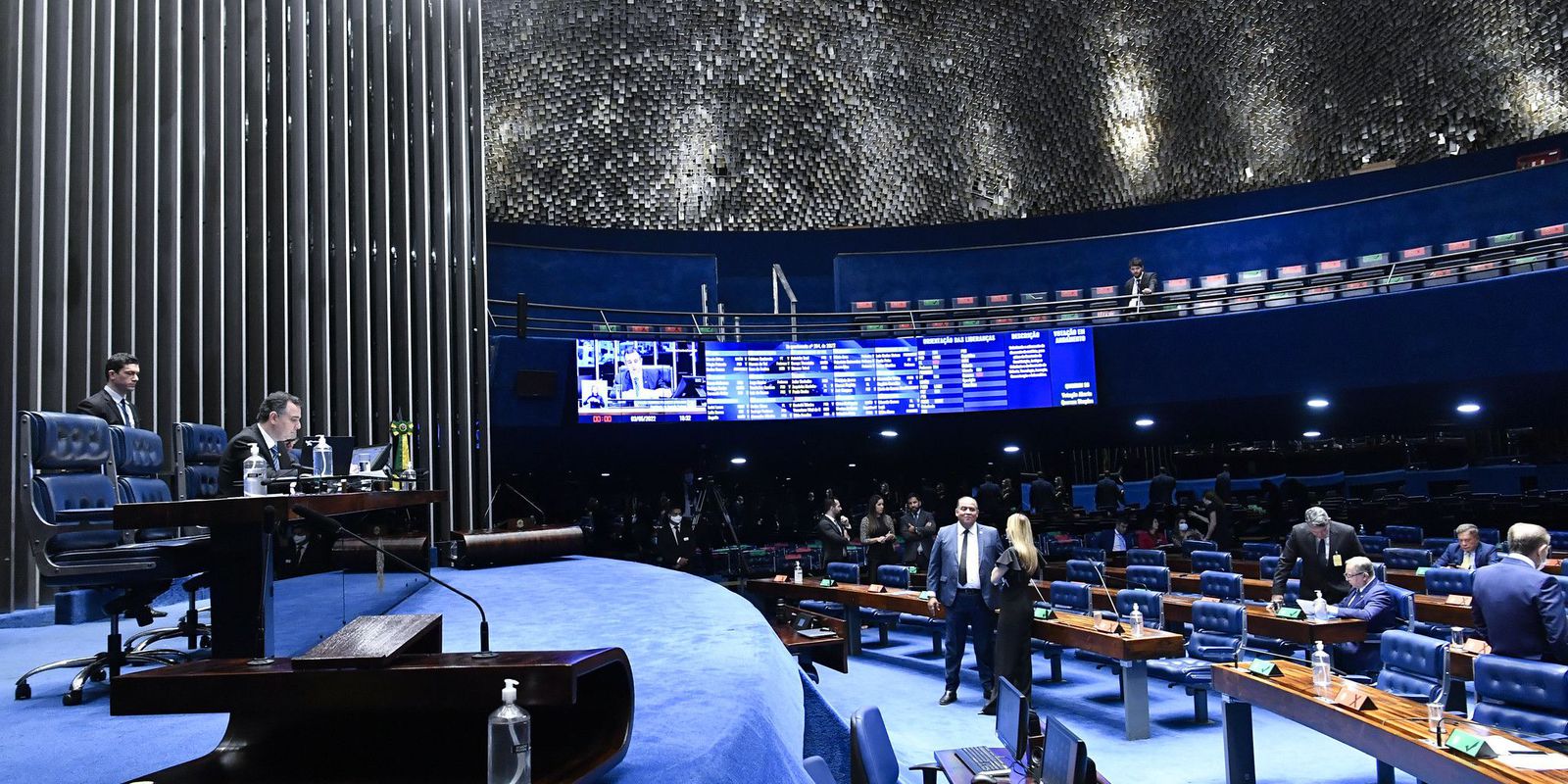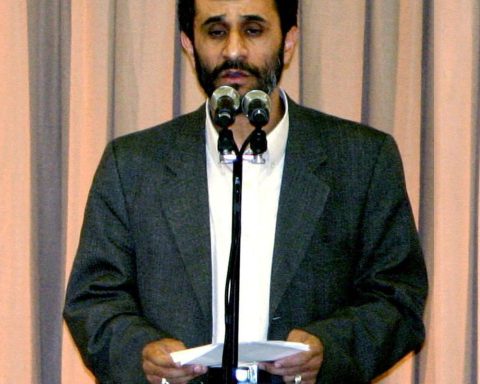The Senate began voting on the proposed amendment to the Constitution (PEC) called the Transition PEC. The proposal aims to guarantee resources for social programs in the 2023 Union Budget, such as the continuity of the payment of the Auxílio Brasil of R$ 600 and the real increase in the minimum wage from January of next year.
The PEC brings a kind of expansion of the spending ceiling, created in 2016 in the Michel Temer government to limit government spending, reduce public spending and prevent this spending from being greater than the year’s revenue. The proposal, in the interest of President-elect Lula’s government, is to expand this ceiling by R$ 145 million to, with this money, enable the payment of Bolsa Família, an income distribution program that will return to bear that name in 2023, allowing Lula fulfills the promise he made during the election campaign.
The forecast is to pay the monthly amount of BRL 600, plus BRL 150 per child up to six years old from January 2023. In addition, the PEC provides, in addition to an “extra-ceiling” amount for payment of the aid, extra figures for expenses with socio-environmental programs and the fight against climate change.
Some parties, such as Podemos, may try in plenary to reduce the value above the ceiling to be allowed by the PEC. Another point that should be the subject of debates in plenary is the duration of the expansion of expenses. The future government wants two years, and so it is in the report by Senator Alexandre Silveira (PSD-MG) approved by the House Constitution and Justice Commission (CCJ), but other senators, linked to the current government, ask for a period of one year.
Once in plenary, the text needs to be approved by at least 49 senators in two rounds of voting. After winning the Senate stage, the PEC will proceed for analysis by the deputies. In the Chamber, it also needs to be approved in two shifts by at least 308 parliamentarians so that it can be enacted before Christmas.
















